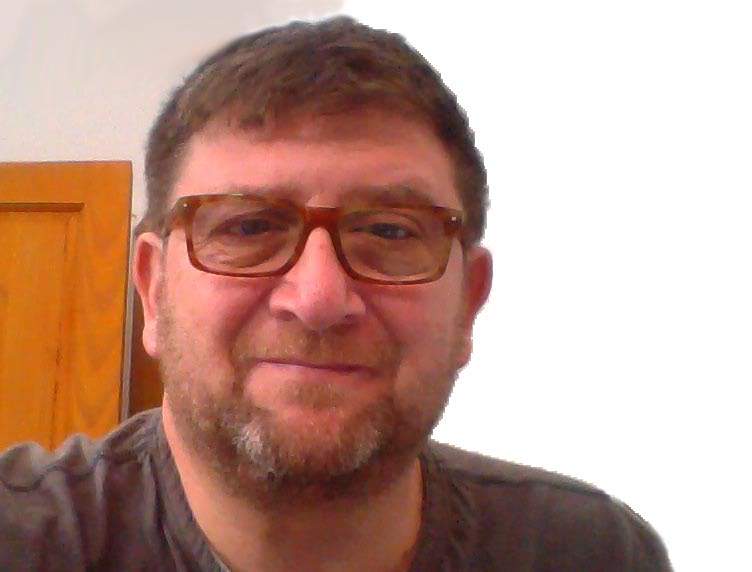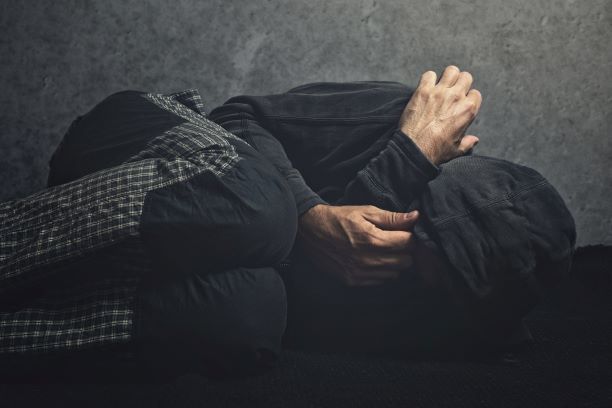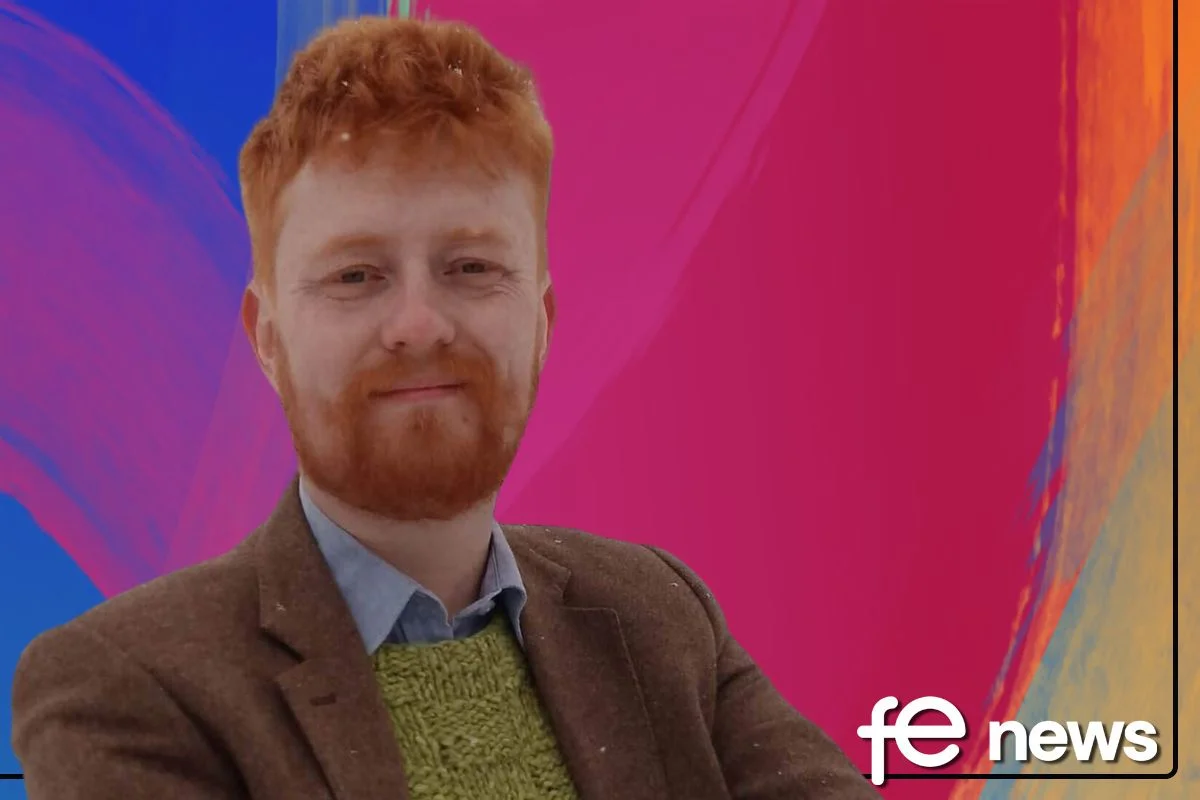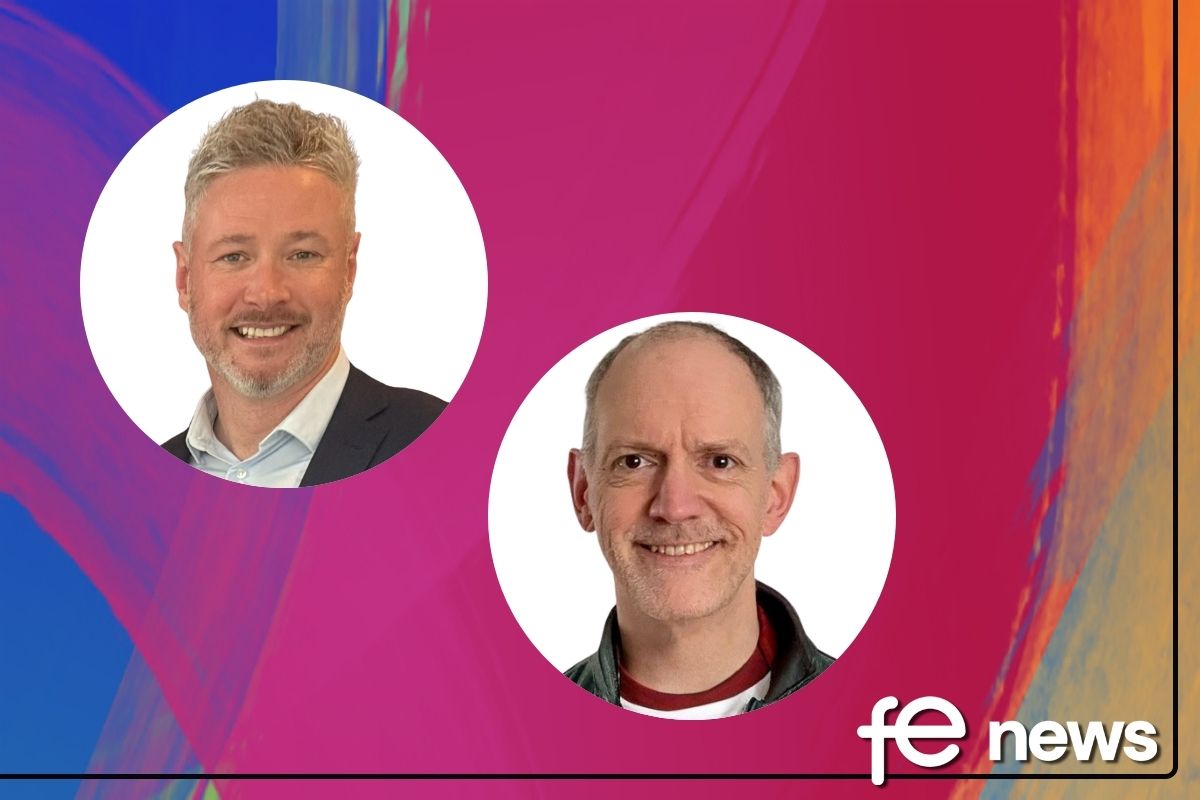24% of pupils admit to having taken drugs

Drugs have been part of our culture since the middle of the last century. They were made popular in the 1960s by music and mass media. They invade all aspects of society today.
- The number of deaths related to drug misuse is at their highest level since comparable records began in 1993.
- In 2016, 24 per cent of pupils reported they had ever taken drugs. This compares to 15 per cent in 2014.
- The likelihood of having ever taken drugs increased with age, from 11 per cent of 11-year olds to 37 per cent of 15-year olds.
Source: Statistics on Drug Misuse: England, 2018 [PAS]
According to UNDOC 255 million people in the world are using illegal drugs. This is an increase of 47 million since 2005.
World Drug Report 2017: 29.5 million people globally suffer from drug use disorders, opioids being the most harmful.
Everyone reading this probably knows someone who has been affected by drugs, directly or indirectly.
The most commonly used illegal drug is marijuana (street names: weed, blunt, grass, pot, reefer, puff, smoke, Mary Jane, skunk, ganja, dope and many more).
Young people take drugs because they want to change something about their lives:
- To fit in
- To escape or relax
- To relieve boredom
- To seem grown up
- To rebel
- To experiment
There is probably as many reasons as there are young people who are willing to try.
Young people think drugs are a solution, but eventually the drugs become the problem. By the time the person is ready to stop, it is far beyond the drugs, but down to the damage they have done to others that they cannot come to terms with.
How Do Drugs Work?
Drugs are essentially toxins. The amount taken determines the effect.
A small amount acts as a stimulant. A greater amount acts as a sedative. An even larger amount can kill.
This is true of any drug. Only the amount needed to achieve the effect differs.
Many drugs have another liability: they directly affect the mind. The drugs can distort the user’s perception of what is happening around him or her. As a result, the person’s actions may be odd, irrational, inappropriate and often destructive.
Normally, when a person remembers something, the mind is very fast and information comes to him quickly… drugs blur the memory, causing blank spots.

“The whole time I was on drugs I thought I had control over my life and that I had it great. But I destroyed everything I had built up and fought for in my life. I cut ties to all my drug-free friends and my family, so I hadn’t any friends… but my drug acquaintances.
“Every day revolved around one thing: my plan for getting the money I needed for drugs. I would do everything possible to get my amphetamines – it was the only thing in my life. At one point I was using amphetamines and falling asleep. Not just a normal sleep… a beautiful, warm place, and did not want to get out of bed. NOT THE BEHAVIOUR OF A SPEED FREAK. I discovered for a year my dealer had been cutting my amphetamines with heroin.” Pat.
CANNABIS
Cannabis is more potent today than it used to be. Growing techniques and selective use of seeds and chemicals to enhance speedy growth have produced a more powerful drug. As a result, there has been an enormous increase in the number of cannabis-induced psychosis in young cannabis smokers.
Because a tolerance builds up, cannabis can lead users to consume stronger drugs, to achieve the same high. When the effects start to wear off, the person may turn to stronger drugs to rid himself of the unwanted conditions that got him to use cannabis in the first place.
Cannabis itself does not lead the user to the other drugs: people take drugs to get rid of unwanted situations or feelings.
The drug masks the problem for a time (while the user is high). When the “high” fades, the problem, unwanted feelings or situations return. Only this time more intense than before. The user may then turn to stronger drugs since cannabis no longer “works”.
Short-term Effects:
- Loss of co-ordination and distortion in the sense of time, vision and hearing.
- Sleepiness
- Reddening of the eyes
- Increased appetite
- Relaxed muscles
- Heart rate speeds up (first hour of smoking cannabis the user’s risk of heart attack is five-fold)
- Schoolwork is reduced through impaired memory and lessened ability to solve problems.
Long-term Effects:
- Long term psychotic symptoms
- Damage the lungs and heart
- Worsening symptoms of bronchitis and cause coughing and wheezing
- Reduce the body’s ability to fight lung infection and illness.
“I started using at the end of Year 8. My best pal met me at the school gate one morning: ‘Come on we gonna bunk school today and smoke weed. I stole my dad’s stash. He’s been using for years’.
“I said: ‘No way. I have heard it’s bad for you’. My best pal told me it would be alright. So I went. All night I was awake scared, feeling ill, I went green. I thought my mum and dad were trying to kill me, so I slept under the bed.
“Went to school next day and made my mind up that I am never doing that again. My best pal was at the school gate: ‘Come on we are going again’.
“I replied: ‘I am not coming as I never want to feel like that again’. My pal told me: ‘It’s in your system now. You will never feel like that again’. I was off like a shot.
“OK for a week, but by the end of it, I could not stop using. I spent the next 25 years moving from one drug to another, and never stopped. Whether I was in prison or rehab I had gear smuggled in.
“That first spliff wrecked my family, my life was worthless. I stole my mum’s engagement ring, which was her great grandmother’s. I sold it for £30 and bought two bags of heroin. I beat my Dad up in the street, he was a taxi driver and would not give me £10.
“I left him in a pool of blood and stole his money bag. I was in the gutter and looking at getting even lower. All because I let my “best pal” talk me in”. – Tony.
I see, speak and listen to thousands of young people a month in schools, colleges and on the street.
They speak to me differently than they talk to their “pals”, more like “using acquaintances”.
They tell me they want to stop, but they can’t. They tell me their “pals” are not good for them. They tell me weed is wrecking my life.
They tell me I am wrecking my family. I tell them I see people like you in twenty/thirty/forty years’ time, after a lifetime on drugs.
They tell me: “If I never had that first spliff I would not be where I am now”.
Steven Mervish, Specialist Substance Misuse Practitioner, Drugsline Education











Responses